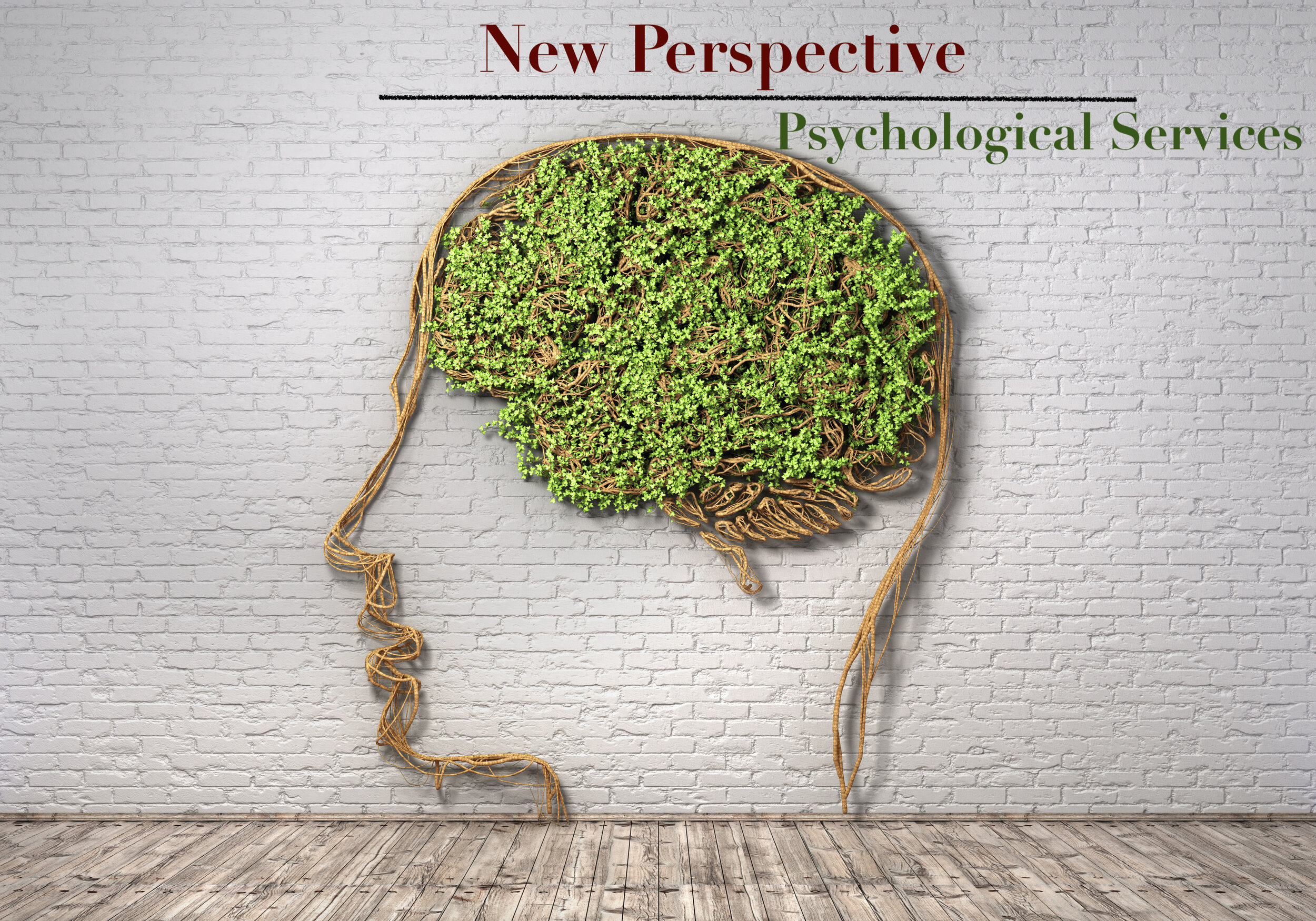(un)Healthy Relationships
Most people know that healthy relationships are based on equality, respect, trust and a reasonable amount of good communication between partners. It can be surprisingly hard to figure out when those things are not there. This is important because unhealthy relationships can turn into abusive relationships quickly if and when there is an unbalance of power and control.
One common misperception is ‘if I don’t get hit, isn’t abuse.’ In actuality, abuse comes in many forms, including emotional, verbal, and economic. Sometimes very loving people find themselves putting their own needs on the back burner and make sure their partner is cared for, but rarely get the same kind of consideration. Little things like noticing your partner is very ‘sensitive’ and seems to feel criticized fairly easily so you try not to bring up anything that might up upset them might be a sign that the relationship is unbalanced.
Another common misperception is that if someone really loves you he/she gets jealous. While it’s normal to get a little worried once in awhile, in a healthy relationship jealousy shouldn’t come up too often. Examples of unhealthy jealousy might include when one person wants to know where you are all the time, gets very upset if you don’t answer texts right away, or even asks for pictures so that you can ‘prove’ who you are with. Other signs include your partner going through your phone or emails or checking to see if you are ‘really’ at work when you say you’ll be there.
Of course a relationship doesn’t have to be abusive to be unhealthy! Lots of people need help communicating with their partners. Sometimes an outside perspective can help you to rebalance how you think about yourself and your relationship. If you have reason to believe you may be involved in an abusive relationship, it’s important to reach out for help and keep yourself safe. Loveisrespect.org or thehotline.org are great places to get more information on abusive (and healthy) relationships.
There are also psychologists available, who have experience working with survivors of abuse & helping people foster healthy relationships. Remember what is ‘fair to you’ is a part of what is fair!

